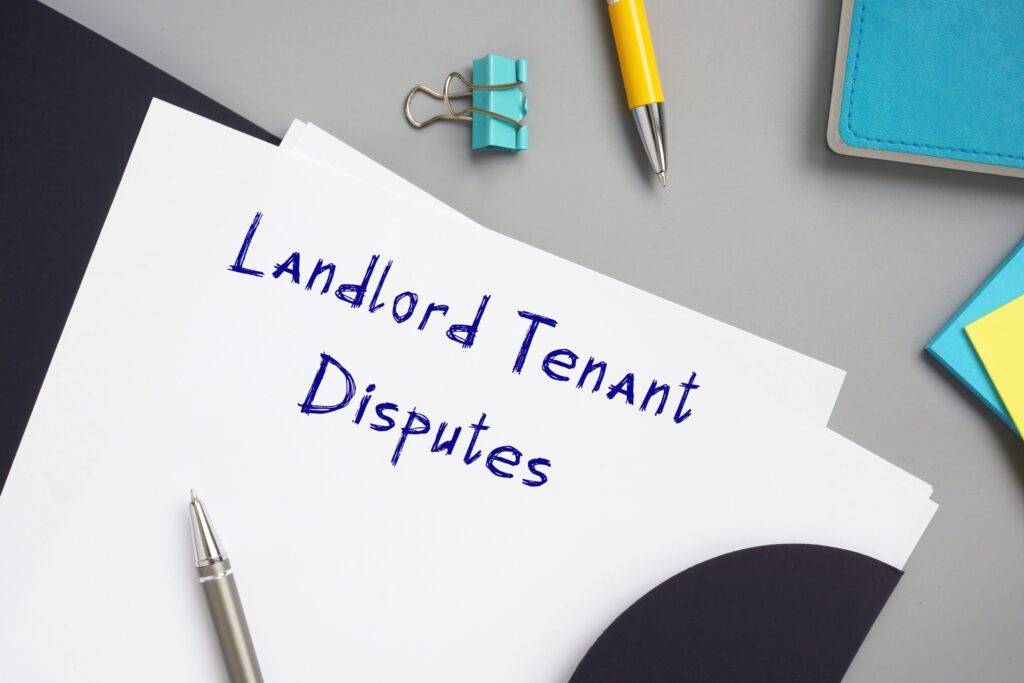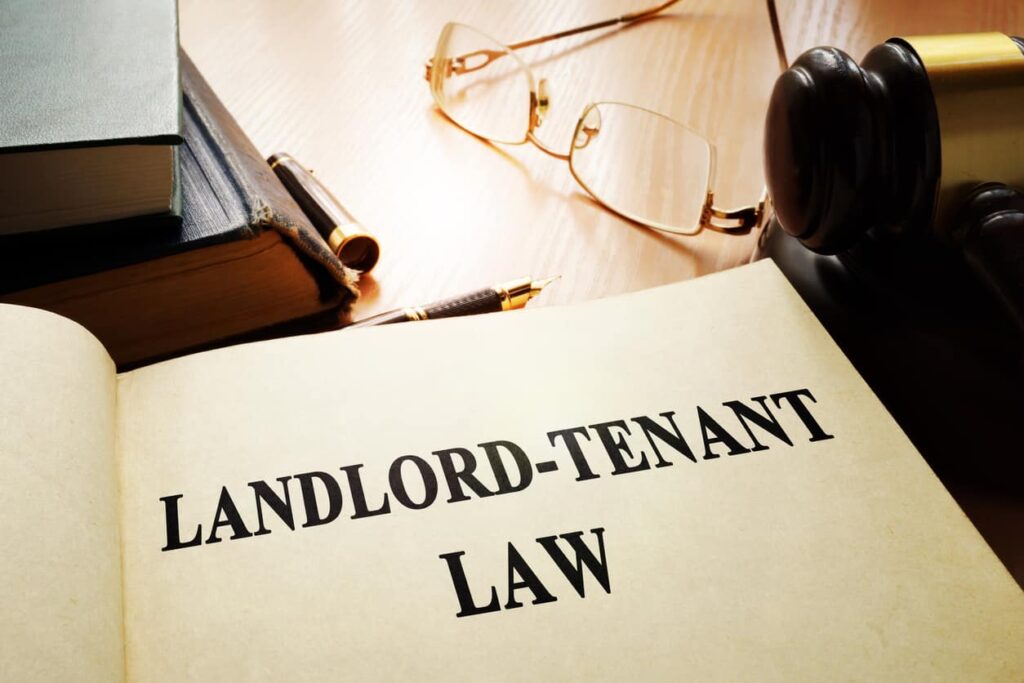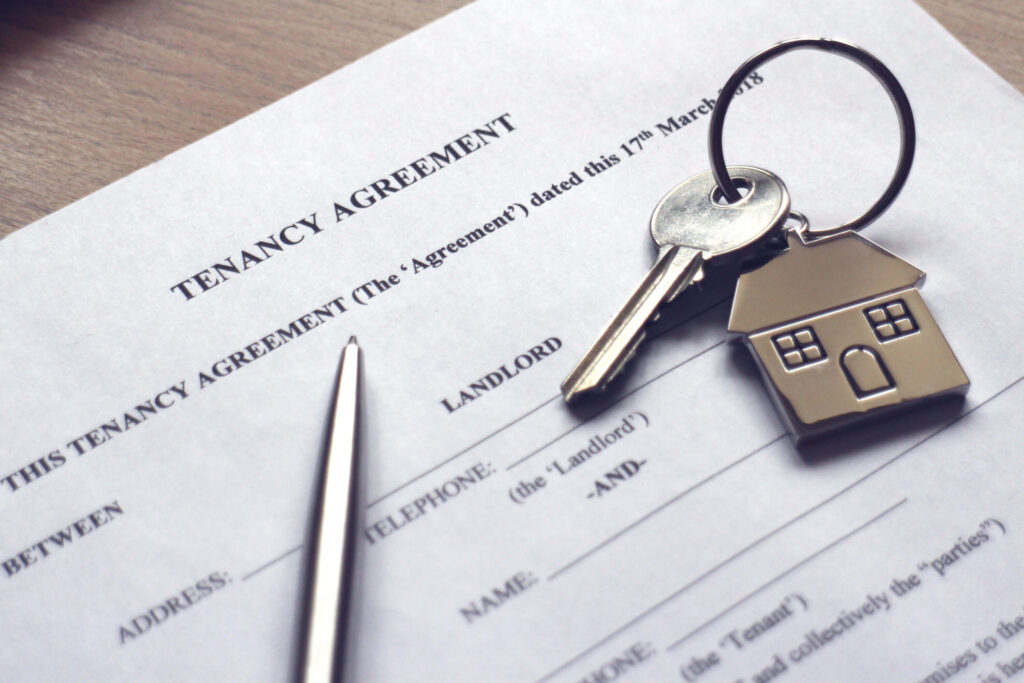In today’s society, renting property has become a common practice for many individuals and families. However, with this comes the potential for disputes and disagreements between landlords and tenants. It is important for both parties to understand their legal rights and responsibilities in order to prevent and resolve conflicts effectively.
Understanding Landlord-Tenant Law
Before delving into the specifics of landlord-tenant disputes and about best property lawyers, it is crucial to have a basic understanding of the laws that govern these relationships. Landlord-tenant law is a branch of civil law that outlines the legal rights and obligations of both parties.
Landlord-tenant law covers a wide range of topics, including rental agreements, security deposits, tenant rights, and eviction procedures. It sets forth the rules and regulations that landlords and tenants must abide by throughout the duration of their rental agreement. Familiarizing yourself with these basics will help you navigate potential disputes with confidence.
When it comes to rental agreements, there are two main types: oral and written. Oral agreements are verbal agreements made between the landlord and tenant, while written agreements are formal contracts that outline the terms and conditions of the rental arrangement. It is generally recommended to have a written agreement in place to avoid any misunderstandings or disputes. Click here for zoning and land use regulations in property law.
Security deposits are another important aspect of landlord-tenant law. A security deposit is a sum of money paid by the tenant to the landlord at the beginning of the tenancy. It serves as a form of financial protection for the landlord in case the tenant causes any damage to the property or fails to pay rent. The laws regarding security deposits vary from state to state, so it is important to familiarize yourself with the specific regulations in your jurisdiction.

Tenant rights are also a significant part of landlord-tenant law. Tenants have the right to a safe and habitable living environment, which means that landlords are responsible for maintaining the property in a livable condition. This includes ensuring that the property is free from hazards, such as mold or pest infestations, and that essential utilities, like water and electricity, are in working order.
Eviction procedures are another important aspect of landlord-tenant law. If a tenant violates the terms of the rental agreement, such as by failing to pay rent or causing significant damage to the property, the landlord may have grounds for eviction. However, landlords must follow specific legal procedures when evicting a tenant, including providing written notice and going through the court system.
In order to fully comprehend landlord-tenant law, it is essential to understand the legal terminology commonly used within this field. Some key terms include “lease,” which refers to a written agreement between the landlord and tenant that outlines the terms of the rental arrangement. “Tenant” refers to the person who rents the property, while “landlord” refers to the person who owns the property and rents it out. “Rent” is the payment made by the tenant to the landlord in exchange for the right to occupy the property. “Security deposit” is a sum of money paid by the tenant to the landlord as a form of financial protection. “Eviction” refers to the legal process of removing a tenant from the property, and “habitability” refers to the requirement that the property is safe and suitable for living.
Having a grasp of these terms will enable you to better protect your rights and effectively communicate with the other party if a dispute arises. It is important to consult with an attorney or legal professional who specializes in landlord-tenant law to ensure that you fully understand your rights and obligations under the law.
Rights and Responsibilities of Tenants
Tenants have certain rights and responsibilities that must be upheld during their tenancy. Understanding these rights and responsibilities is crucial for maintaining a harmonious landlord-tenant relationship and avoiding potential conflicts.
When entering into a rental agreement, tenants have specific rights that protect their interests. These rights may include the right to a habitable living environment, the right to privacy, and protection against unfair eviction practices. Familiarize yourself with your jurisdiction’s laws to ensure that you are aware of your rights as a tenant.
Tenants also have responsibilities when it comes to maintaining the rental property. It is typically the tenant’s duty to keep the premises clean, report any maintenance issues promptly, and refrain from causing damage to the property. By fulfilling these responsibilities, tenants can help foster a positive landlord-tenant relationship.
Additionally, tenants may have the right to request repairs or improvements to the rental property. If there are issues with the plumbing, electrical systems, or structural integrity of the property, tenants should promptly notify their landlord or property management company. It is the landlord’s responsibility to address these concerns in a timely manner to ensure the safety and comfort of the tenants.
Furthermore, tenants have the right to privacy within their rented space. Landlords should not enter the premises without proper notice, except in emergency situations. This ensures that tenants can enjoy their living space without unnecessary intrusion.
On the other hand, tenants must also respect the rights of their neighbors. This includes keeping noise levels at a reasonable level, especially during quiet hours, and being mindful of shared spaces such as common areas or laundry facilities. Respecting the rights and boundaries of others helps create a peaceful living environment for everyone in the building or community.

It is important for tenants to understand the terms and conditions of their rental agreement. This includes knowing the duration of the lease, the amount of rent and when it is due, and any additional fees or charges that may apply. By being familiar with the terms of the agreement, tenants can avoid misunderstandings and potential disputes.
Lastly, tenants should be aware of their rights in case of eviction. Landlords must follow legal procedures and provide proper notice before evicting a tenant. Tenants have the right to challenge an eviction if they believe it is unjust or unlawful. It is advisable to consult with a legal professional if facing eviction to ensure that your rights are protected.
Rights and Responsibilities of Landlords
Just as tenants have rights and responsibilities, landlords also possess certain legal obligations and entitlements. Understanding these rights and responsibilities is essential for landlords to effectively manage their rental properties and address any disputes that may arise.
Being a landlord comes with a multitude of responsibilities and tasks. It is not just about collecting rent and maintaining the property; there are various other aspects that landlords need to consider to ensure a smooth and successful rental experience for both themselves and their tenants.
Landlord Rights in Rental Agreements
Landlords have rights that enable them to protect their interests and property. These rights may include the right to collect rent, enter the rental unit for inspections or repairs, and withhold all or part of the security deposit for legitimate reasons. It is important for landlords to be familiar with their jurisdiction’s laws to ensure that they exercise their rights within legal bounds.
When it comes to collecting rent, landlords have the right to establish clear payment terms and deadlines. They can set up various payment methods, such as online payments or direct deposits, to make it convenient for tenants to pay their rent on time. Additionally, landlords have the right to enforce late fees or take legal action if tenants fail to pay rent as agreed upon in the rental agreement.
Furthermore, landlords have the right to enter the rental unit for inspections or repairs. This allows them to ensure that the property is being well-maintained and to address any issues that may arise. However, it is crucial for landlords to provide proper notice to tenants before entering the premises, as tenants have the right to privacy and peaceful enjoyment of their rented space.
Another important right that landlords have is the ability to withhold all or part of the security deposit for legitimate reasons. This can include deducting funds to cover unpaid rent, damages beyond normal wear and tear, or cleaning expenses necessary to restore the property to its original condition. Landlords must, however, follow specific procedures and provide an itemized list of deductions to the tenant within the required timeframe.

Landlord Responsibilities for Property Maintenance
Landlords are responsible for ensuring that the rental property is maintained in a safe and habitable condition. This includes maintaining essential services such as electricity, plumbing, and heating, as well as promptly addressing any necessary repairs. By fulfilling these responsibilities, landlords can provide their tenants with a comfortable living environment while reducing the likelihood of disputes.
Property maintenance is a critical aspect of being a landlord. It involves regular inspections to identify any potential issues and addressing them promptly to prevent further damage or inconvenience to tenants. Landlords should also establish a system for tenants to report maintenance requests, ensuring that repairs are carried out in a timely manner.
In addition to essential services, landlords are responsible for maintaining common areas, such as hallways, staircases, and parking lots, in a safe and clean condition. This includes regular cleaning, proper lighting, and addressing any potential safety hazards.
Furthermore, landlords should ensure that the property complies with all applicable health and safety codes. This may involve regular inspections by relevant authorities and taking necessary measures to rectify any violations. By maintaining a safe and habitable property, landlords not only fulfill their legal responsibilities but also create a positive living environment for their tenants.
Overall, being a landlord involves a balance of rights and responsibilities. By understanding and fulfilling these obligations, landlords can establish a mutually beneficial relationship with their tenants and maintain a successful rental property.
Common Landlord-Tenant Disputes
Despite efforts to maintain a harmonious relationship, disputes can still arise between landlords and tenants. Understanding the common types of disputes that often occur can help both parties navigate these conflicts effectively.
Disputes Over Rent and Security Deposits
Disputes over rent and security deposits are amongst the most common conflicts in landlord-tenant relationships. These disputes can arise due to disagreements over rent increases, non-payment of rent, or the return of the security deposit at the end of the tenancy. By fully understanding the terms outlined in the rental agreement and following local laws, both parties can prevent or resolve these disputes.
Disputes Over Property Damage
Another frequent area of contention between landlords and tenants involves property damage. Disputes may arise when determining responsibility for damages, the extent of the damage, and the appropriate compensation or repairs required. Maintaining a detailed inspection report and promptly addressing any damage can help prevent these disputes, while mediation or arbitration can aid in resolving them if they do occur.
Resolving Landlord-Tenant Disputes
When faced with a dispute, both landlords and tenants have various options for resolution. Taking the appropriate steps can help prevent further escalation of the conflict and lead to a satisfactory outcome.
Mediation and Arbitration
Mediation and arbitration offer alternative dispute resolution methods that can help both parties reach a mutually acceptable agreement without resorting to legal action. Mediation involves a neutral third party facilitating communication and negotiation between the landlord and tenant. Arbitration, on the other hand, involves a neutral third party making a binding decision after hearing both sides of the dispute. These approaches offer a less formal and more cost-effective alternative to pursuing a lawsuit.
Legal Action in Court
If mediation and arbitration are unsuccessful or not viable options, legal action in court may be necessary. The aggrieved party can file a lawsuit, and the case will be heard and decided upon by a judge. Litigation should be seen as a last resort due to its time-consuming nature and potential costs involved. However, in some situations, it may be the only means to achieve a fair resolution.
By understanding their legal rights and responsibilities, both landlords and tenants can minimize the likelihood of disputes and effectively resolve any conflicts that do arise. Proper communication, adherence to rental agreements, and a proactive approach to maintenance and repairs are key factors in maintaining a positive and mutually beneficial landlord-tenant relationship.

